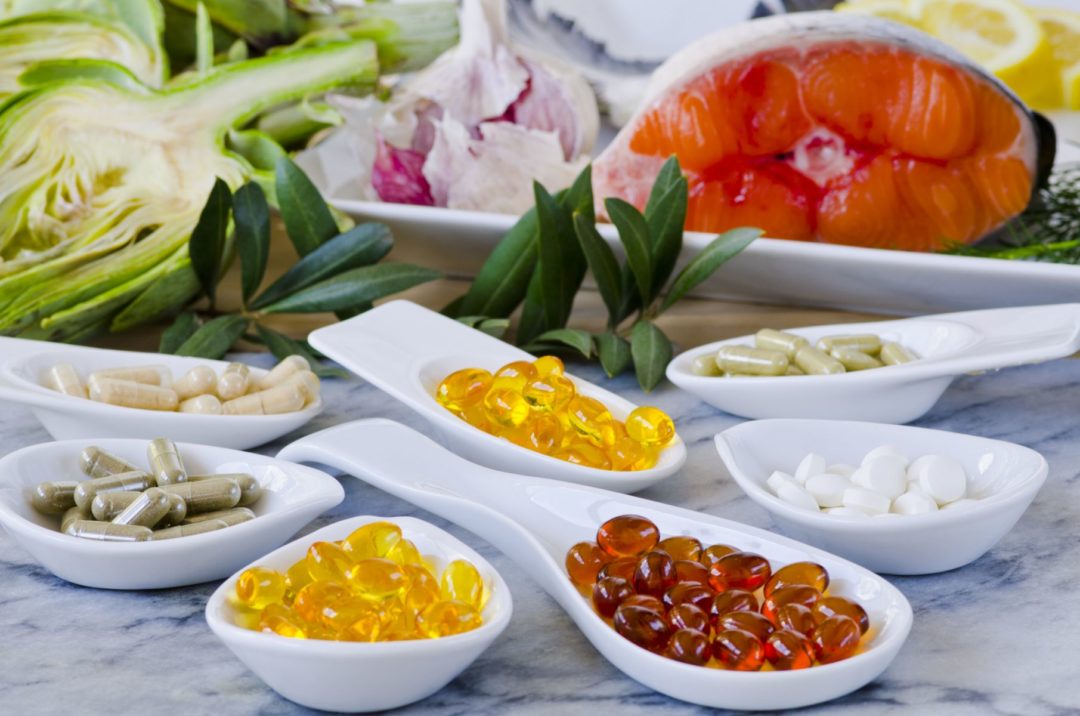The rule is intended to help industry more rapidly and effectively trace food products that cause illnesses back to their source and forward to the recipients of the contaminated product. Faster identification of contaminated foods and higher rates of tracking success could prevent outbreaks of foodborne illness, while leading to more focused recalls and food advisories.
FDA notes that this rule would only apply to items on the Food Traceability List, which includes:
- Soft or semi-soft cheeses
- Chicken eggs
- Nut butter
- Certain vegetables: cucumbers, leafy greens, fresh-cut leafy greens, sprouts, peppers, tomatoes, all fresh-cut vegetables
- Certain fruits: melons, tropical tree fruits, and all fresh-cut fruits
- Fresh herbs
- Certain fish: finfish, crustaceans, mollusks, bivalves
- Ready-to-eat deli salads, including egg salad, potato salad, pasta salad, seafood salad, etc., excluding meat salads
Related: FDA Warns Companies for Mental Health Claims Industry Reacts to FDA’s ODSP Leadership Change Vitamin C, Zinc Don’t Help COVID-19? CRN Dismisses “Weak” JAMA Study
InCRN’s comments, signed by Haiuyen Nguyen, the association notes that dried spices and dried vegetables will not be covered by the proposed rule; therefore, “CRN assumes all dietary supplements and dietary ingredients, including dried herbs, dried vegetables, and fish or krill oil, were included in the commodity category ‘Dried Supplements,’ which is not on the FTL, and therefore will be exempt from the proposed rule.”
Nguyen explains that data compiled over the course of the past few years indicates that supplements are “very rarely” associated with foodborne illness outbreaks in the United States—of the 103 public health advisories from investigations of foodborne illness outbreaks since 2011, only one was associated with a dietary supplement or dietary ingredient. “This suggests that subjecting dietary supplements and dietary ingredients to this rule would offer minimal public health benefits.”
Nguyen also notes that the rule exempts those who manufacture, process, pack, or hold produce that receives processing to “reduce the presence of microorganisms of public health significance,” which dietary ingredient manufacturing inherently requires; therefore, CRN feels that supplements are exempted from this rule regardless. CRN notes, however, that non-produce foods that are subject to this level of processing would also pose a lesser public health risk, and therefore asks FDA to modify the rule to exempt not only produce, but also any other food on the FTL subject to this level of processing.
Nguyen concludes: “CRN strongly supports FDA’s decision not to apply this rule to persons who manufacture, process, pack or hold dietary supplements. To avoid confusion and to prevent unnecessary costs, CRN requests that, upon issuing its final rule, FDA confirm that the rule will not apply to such persons.”










